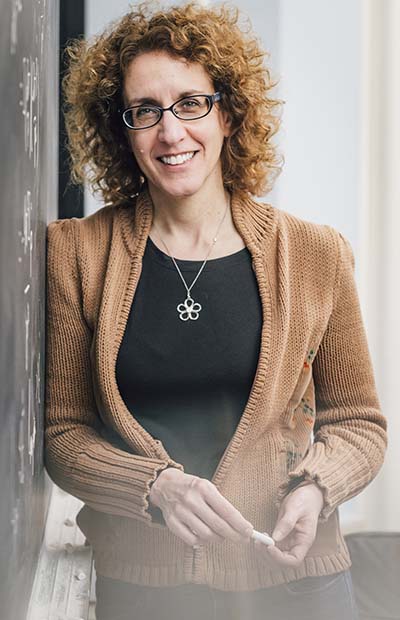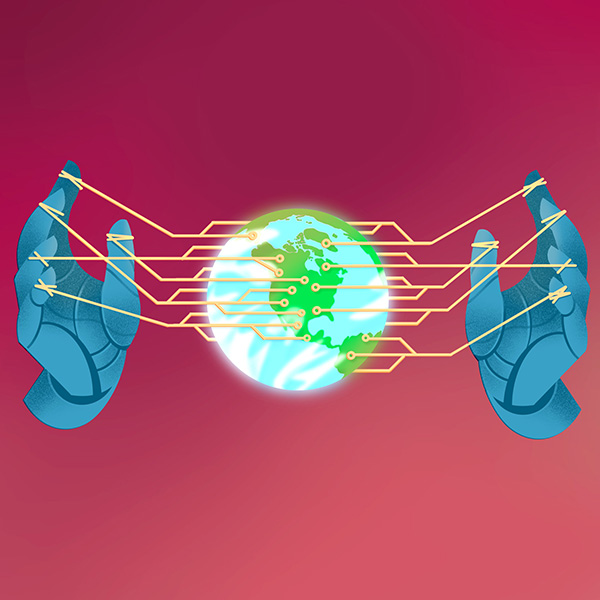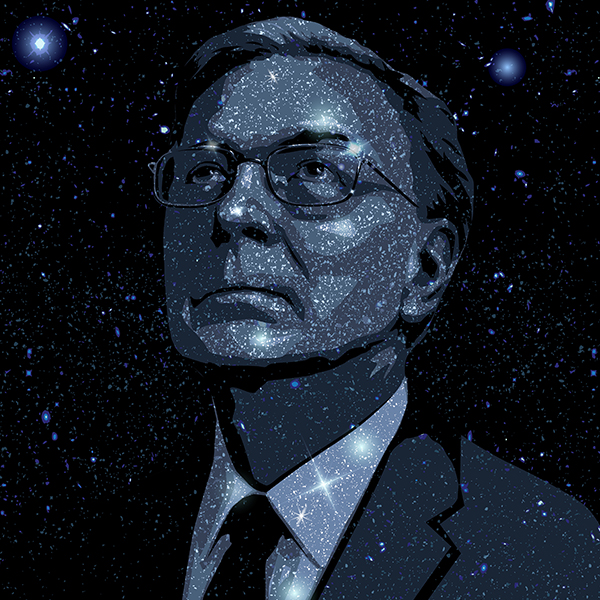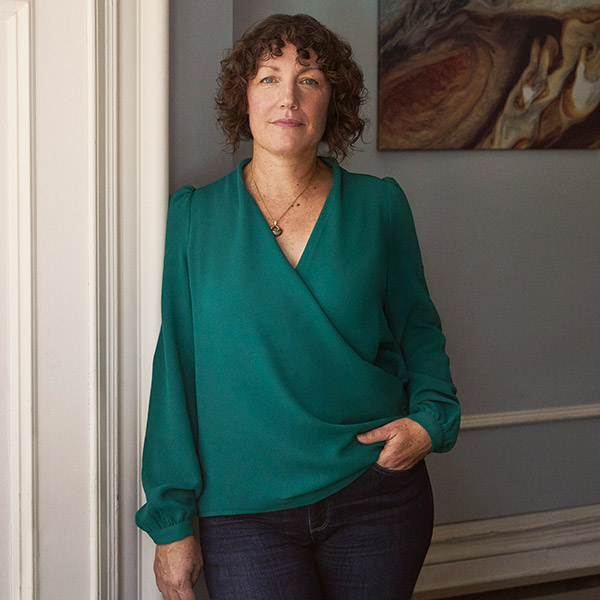When the world’s astronomers were arguing about the existence of a ninth planet in our solar system, a cosmologist and an exoplanet expert at the McGill Space Institute (MSI) came up with a devilishly brilliant way of detecting the planet: looking for a pattern of emitted heat, known as a heat signature.

“It’s an example of what happens when you bring together someone from cosmology [early universe research] and exoplanets [planets located beyond our solar system],” says MSI Director Victoria Kaspi, BSc’89. “They are two totally different fields but the researchers are in the same building and they came up with an idea which might not have come up otherwise.”
This silo-busting, collaborative approach to discovery has become the hallmark of the MSI as researchers break down traditional barriers between departments and work across disciplines to gain new insight into areas like exoplanets, gravitational waves, the early universe and the findings of the revolutionary Canadian Hydrogen Intensity Mapping Experiment (CHIME) telescope in British Columbia
Since its launch three years ago, the MSI is yielding impressive results in several areas of research. The search for exoplanets is one example as Institute researchers are finding numerous weird, new distant bodies: planets with Jupiter and Mercury-type orbits, super Earth-like planets, super Neptunes and water worlds – planets whose global oceans may be teeming with life.
Detection of gravitational waves is another emerging field of discovery as one of the MSI’s researchers, astrophysicist Daryl Haggard, led the team that studied x-rays of these waves coming from the collision of neutron stars (balls of nuclear matter emanating from exploding stars).
“We’re also hiring several cosmologists who are studying the early universe,” adds Kaspi, who is McGill’s Lorne Trottier Chair in Astrophysics & Cosmology and Canada Research Chair in Observational Astrophysics. “They are doing some incredible experiments trying to understand early star formation. Others are studying dark energy.”
Kaspi, with fellow MSI researcher Matt Dobbs, is part of the all-Canadian CHIME project along with researchers from the University of British Columbia and University of Toronto.
“I’m incredibly proud of CHIME and I think Canadians should be proud that we’re doing something that is truly cutting edge, unique and creative,” she says.
The CHIME telescope, which looks like four gigantic half-pipes, is located close to Penticton and is being used to tackle some extremely topical challenges in cosmology and astrophysics.
Job one is the dark energy problem.
“Our universe is expanding and expansion is accelerating at an ever faster rate and we don’t know why,” says Kaspi. “We call this dark energy but we really don’t know what it is or why it’s there and CHIME is designed to study the effects of dark energy in the very distant universe.”
By a happy coincidence, CHIME is also assisting in the study of Fast Radio Bursts (FRBs), flashes of radio waves which are coming from way outside our Milky Way Galaxy, but so far remain an unsolved mystery.
“You think you know a lot about the universe and then something totally unexpected comes along,” says Kaspi.
One of the prime directives for the MSI is public outreach, epitomized by last August’s solar eclipse event when 3,000 people gathered on the University’s Lower Campus while teams of student volunteers handed out free eclipse glasses, staffed information kiosks and helped hundreds of people get close-up views of the sun through special solar telescopes.
In the same vein, monthly AstroNights offer public lectures and late night sky observation and routinely attract crowds of 300 to 400 people. Most recently, student-driven ‘Astronomy on Tap’ events are bringing presentations to Montreal bars where MSI student speakers discuss science in an engaging non-intimidating, fun way.
“It’s been hugely successful,” says Kaspi.
Generating interest in science – not just for the general public but for the next generation of students – is something that Kaspi is passionate about.
She bemoans the fact that young students are sometimes oblivious to the excitement of science, or learn material in a very dry way, or even question the value of subjects like algebra.
“Algebra is the alphabet of science,” says Kaspi. “Perhaps high school curricula could focus more on applications to see how, for example, algebra is applied to launching a rocket or calculating the power of an antenna for a radio station. There are so many ways you can bring real-life applications into science curricula.”
Join Vicky Kaspi and McGill astronauts, Robert Thirsk and Dave Williams, for a lively and provocative panel discussion in Vancouver (June 18) and Calgary (June 19), part of McGill’s Best in West Student Awards program 10th anniversary celebrations.


